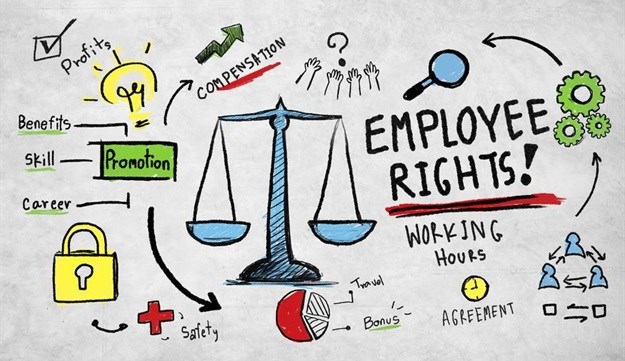
Related

#BizTrends2026 | Bowmans' Richard Bryce & Nazeera Mia: How Africa’s new competition laws could reshape its business landscape
Richard Bryce and Nazeera Mia 11 Feb 2026

#BizTrends2026 | NSDV's Lili Nupen & Robin van Wyk: The new rules shaping mining, energy, environment and construction
Lili Nupen and Robin van Wyk 10 Feb 2026

#BizTrends2026 | Bowmans' team: Regulatory developments in fintech, TMT sectors help steer Africa's investment future
Ashleigh Hale, Kate Beretta and John Paul Ongeso 5 Feb 2026

#BizTrends2026 | CMS South Africa team: How forward-looking legal and governance frameworks will shape business decisions
Sihle Bulose and Lebogang Molebale 2 Feb 2026


Top stories


HR & ManagementNational minimum wage 2026: What workers (and employers) need to know
Danelle Plaatjies and Ludwig Frahm-Arp 13 hours




More news



































